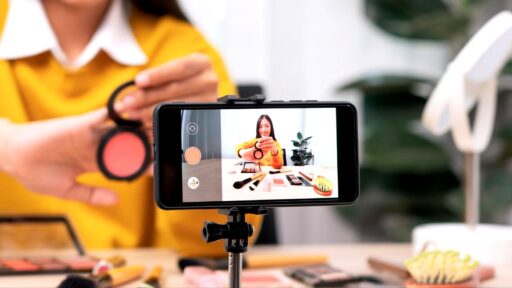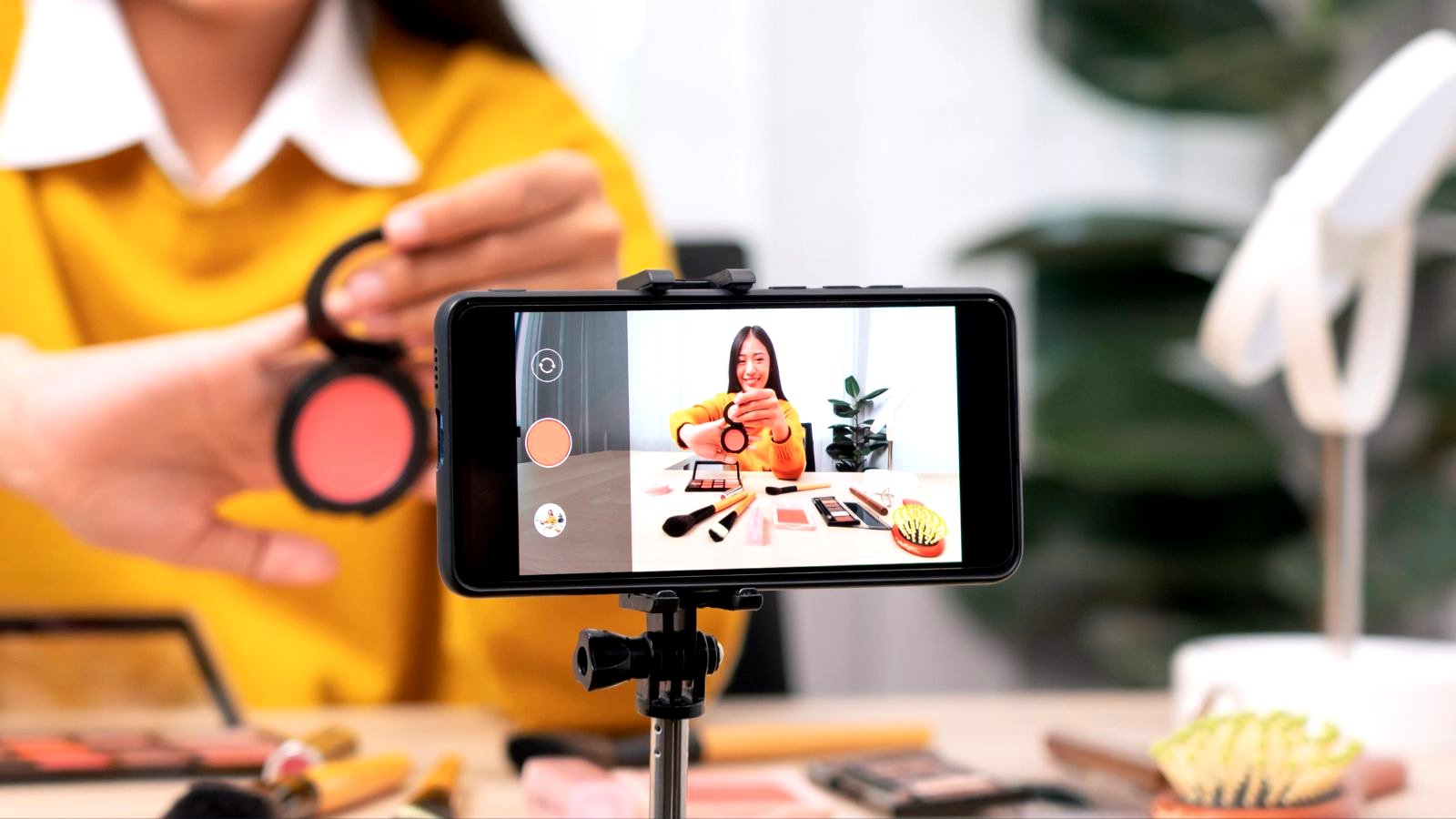Originally Posted on “Marketing” – Google News by A’bidah Zaid Shirbeeni
In 2024, most brands are considering engaging with influencers and integrating influencer-led approaches into wider campaigns. In fact, 81% of brands have been involved in influencer campaigns, with one in five having participated in more than 20 influencer campaigns.
This is according to Havas Red’s “The state of the influencer in 2024: A client’s perspective” study which surveyed 39 clients from 10 markets. As consumers lose trust in traditional media, they’re instead turning to influencers who can play a crucial role in expanding the brand’s online presence.
However, influence has been democratised. Within social media, there is a new wave of accessibility and of rising influence held by content creators without star power status.
Don’t miss: With influencer marketing taking over, what values do celebrities bring to marketers?
As such, 97% of brands identify content creators as influencers, highlighting a shift away from traditional celebrities as influencers and a shift towards a new reality where anyone can become an influencer.
The accessibility of the influencer enables consumers to view them as relatable figures, as opposed to celebrities who are often viewed as unattainable and distant.
In addition, one in three brands acknowledge that influencers can effectively drive engagement for brands. Connection is the new social currency, with 92% of brands believing in the benefit of establishing long-term versus short-term partnerships with influencers.
78% believe the biggest benefit is leading key messages and bringing difficult subject matter to life, while 27% believe influencers can help most with reach. 11% believe it helps with brand alignment.
The study also found that video formats are the most effective tactic in the influencer toolbox with 86% of brands revealing that video content resonates more effectively with the majority of campaigns compared to static formats.
This is especially since video formats allow influencers to inject personality into their campaign, translating to a more authentic experience when promoting a product or service.
Finally, 92% of brands believe that measuring influencer performance is crucial for understanding the return on investment. Just as every campaign should be tailored to meet a brand’s objectives and budget, there must be specific metrics in place to measure campaign success and better understand how the influencer has contributed a return on investment, added the study.
Brands are leaning on agencies to possess a strong influencer network and knowledge of individual influencers (86.5%), provide end-to-end influencer management (73%), measure influencer marketing campaigns (83.8%) and demonstrate the effectiveness of influencer campaigns (86.5%).
In the next year, 70% of brands are open to engaging with influencers on TikTok, followed by over 45% on Instagram and 27% on YouTube. 57% of brands recognise that influencers’ addition to any campaign will become more prominent in the future too.
That said, local nuance and trust is needed for influencer marketing in Southeast Asia. Consumers in SEA are savvier and crave genuine connections, leading to influencer marketing campaigns prioritising transparency and “deinfluencing”.
This is according to R3’s authenticity and transparency in SEA influencer marketing report where it explored trends, local nuances and its impact on the direction of influencer marketing in the region.
While just over half of Southeast Asian consumers follow influencers on social media, a majority (82%) admit to having been influenced by them in their purchasing decisions.
In addition, social media posts and social influencers are in a constant state of co-evolution. The right format can significantly boost engagement for both influencers and brands. On top of that, the format an influencer excels in can help define their niche too.
Join us on 12 June 2024 for an exciting experience as Content360 makes its debut in Malaysia! Brace yourself to join the crème de la crème of the content marketing industry hailing from across the region. Immerse yourself in a dynamic atmosphere, and uncover the latest trends with thought leaders and solution providers from the realm of content.
Related articles:
Is an influencer career sustainable amidst micro content rise, gen AI and geopolitics?
Study: 46% of Gen Zs are more interested in brands that use AI influencers
Faking death and kidnapping: Are influencers pushing marketing gimmicks too far?






